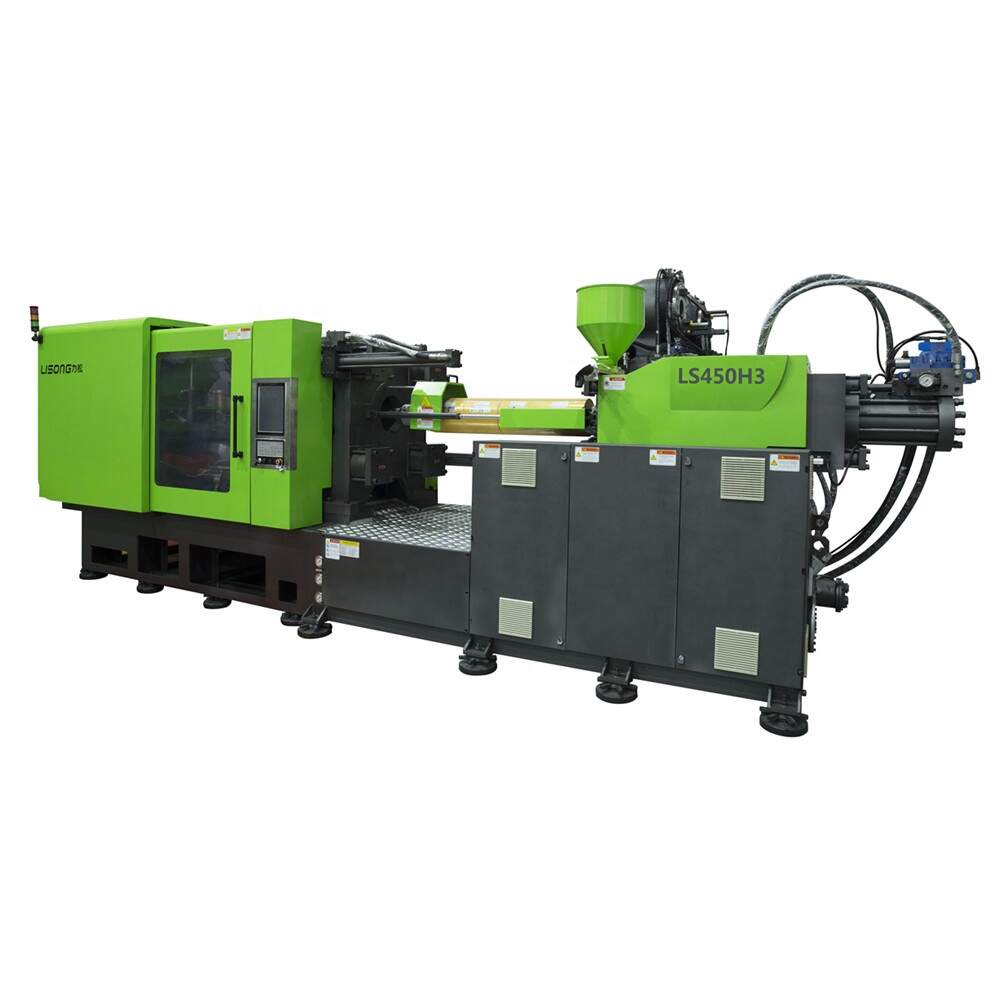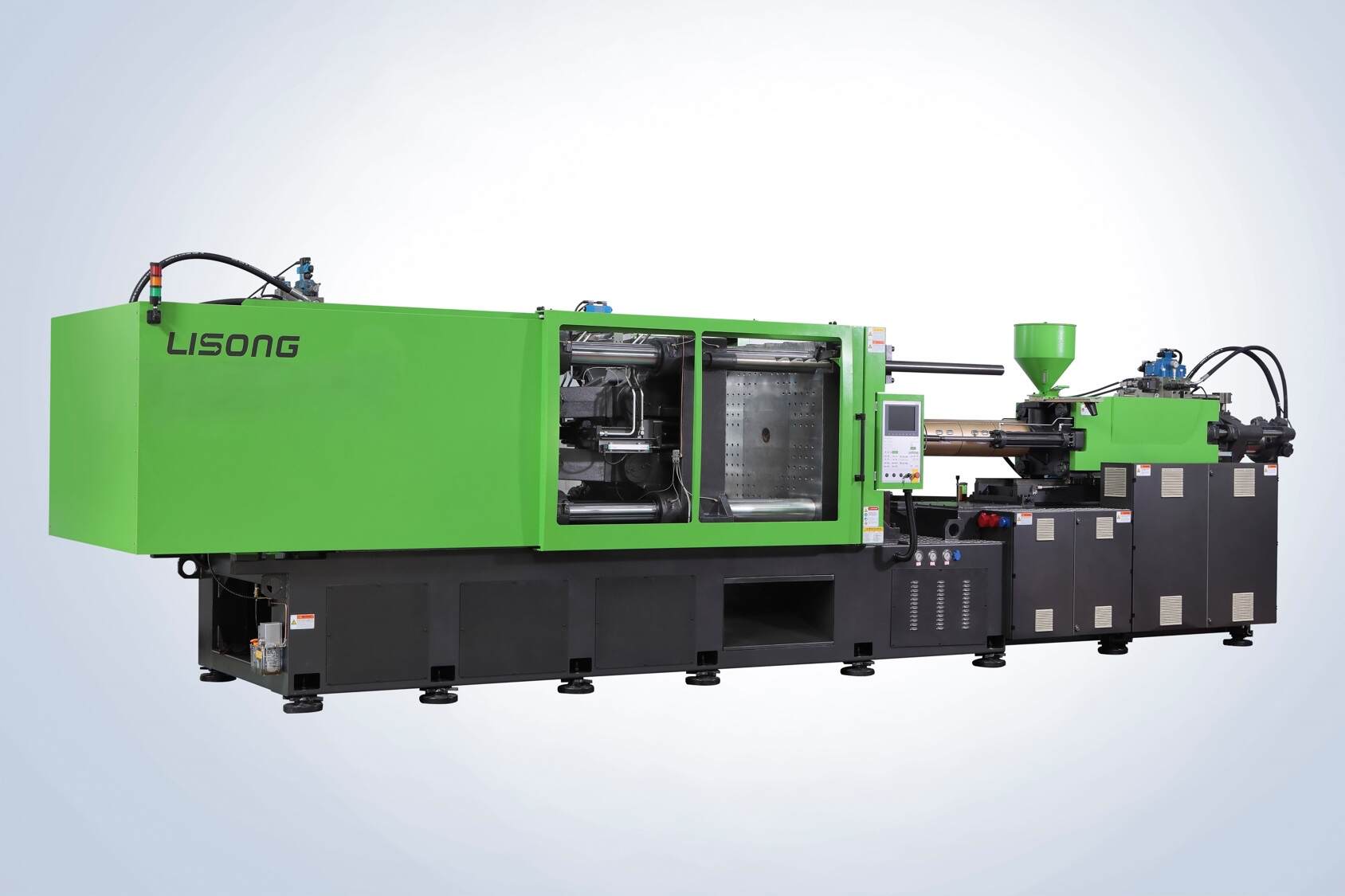Email format error
Email cannot be empty
Email already exists
6-20 characters(letters plus numbers only)
The password is inconsistent
Email format error
Email cannot be empty
Email does not exist
6-20 characters(letters plus numbers only)
The password is inconsistent

Plastic Injection Moulding Machine Manufacturer
Latest Blog

Injection Mold Machine for Food Container Manufacturer: Revolutionizing Production
In the world of manufacturing, precision, efficiency, and reliability are key to success. This is particularly true for the production of food containers, where safety and quality are paramount. An injection mold machine for food container manufacturer is an essential tool that ensures these standards are met. This post will explore the intricacies of injection molding machines, their advantages, and how they are transforming the food container manufacturing industry.
Understanding Injection Mold Machines
What is an Injection Mold Machine?
An injection mold machine is a device used to manufacture plastic products by injecting molten material into a mold. These machines are capable of producing intricate designs with high precision and repeatability. For a food container manufacturer, an injection mold machine is crucial because it allows for the creation of high-quality, uniform products that meet health and safety regulations.
Components of an Injection Mold Machine
An injection mold machine comprises several key components:
Injection Unit: This is where the raw plastic material is melted and injected into the mold.
Clamping Unit: It holds the mold in place and applies the necessary pressure to keep it closed during injection.
Control System: This system allows operators to set and adjust the parameters of the molding process, ensuring optimal performance.
Understanding these components helps a food container manufacturer utilize their injection mold machine to its full potential, ensuring efficient and consistent production.
Benefits of Using Injection Mold Machines in Food Container Manufacturing
Precision and Consistency
One of the primary benefits of using an injection mold machine for food container manufacturer is the ability to produce precise and consistent products. The accuracy of these machines ensures that each container meets the exact specifications required, which is vital for maintaining product quality and safety.
High Production Efficiency
Injection mold machines are designed for high-speed production, which is essential for meeting the demands of the food industry. A food container manufacturer can produce large quantities of containers in a relatively short period, reducing lead times and increasing overall productivity.
Cost-Effectiveness
While the initial investment in an injection mold machine can be significant, the long-term cost benefits are substantial. These machines reduce material waste and lower labor costs due to their automation capabilities. For a food container manufacturer, this translates to higher profit margins and a more competitive position in the market.
Versatility in Design
Injection mold machines offer incredible flexibility when it comes to design. They can produce containers of various shapes, sizes, and complexities, allowing manufacturers to cater to a wide range of customer needs. This versatility is particularly advantageous in the food industry, where packaging requirements can vary greatly.
The Injection Molding Process for Food Containers
Material Selection
The first step in the injection molding process is selecting the appropriate material. For food containers, materials such as polypropylene (PP) and polyethylene terephthalate (PET) are commonly used due to their safety, durability, and recyclability. A food container manufacturer must ensure that the chosen material complies with food safety standards.
Mold Design
The mold design is a critical aspect of the injection molding process. It determines the shape, size, and features of the final product. Engineers work closely with designers to create molds that meet the specific requirements of the food container manufacturer, ensuring that the containers are functional and aesthetically pleasing.
Injection Molding
Once the material and mold design are finalized, the injection molding process begins. The raw plastic material is fed into the injection unit, where it is heated until molten. The molten plastic is then injected into the mold cavity under high pressure. The clamping unit keeps the mold closed until the plastic solidifies, after which the finished container is ejected.
Quality Control
Quality control is a crucial step in the production process. Each container is inspected for defects and to ensure it meets the necessary specifications. For a food container manufacturer, maintaining high quality standards is essential to avoid recalls and maintain customer trust.
Innovations in Injection Mold Machines
Advanced Control Systems
Modern injection mold machines are equipped with sophisticated control systems that allow for precise monitoring and adjustment of the molding process. These systems enable a food container manufacturer to optimize production parameters, resulting in higher quality products and reduced cycle times.
Energy Efficiency
Energy consumption is a significant concern in manufacturing. Newer injection mold machines are designed with energy-efficient features that reduce power usage and lower operational costs. This is not only beneficial for the environment but also for the bottom line of a food container manufacturer.
Automation and Robotics
The integration of automation and robotics into injection mold machines has revolutionized the manufacturing process. Robots can handle tasks such as loading raw materials, operating the machine, and removing finished products. This reduces the need for manual labor, minimizes errors, and increases production speed.
Challenges and Solutions in Injection Mold Manufacturing
Common Challenges
Despite their many benefits, injection mold machines present certain challenges. Common issues include mold wear and tear, material wastage, and the need for regular maintenance. Additionally, the complexity of the machines can lead to technical difficulties that require skilled operators to resolve.
Addressing the Challenges
To overcome these challenges, a food container manufacturer can implement several strategies:
Regular Maintenance: Routine maintenance ensures that the machines operate smoothly and reduces the likelihood of unexpected breakdowns.
Operator Training: Skilled operators are essential for managing the complexities of injection mold machines. Investing in training programs can improve efficiency and reduce errors.
Material Management: Efficient management of raw materials can minimize waste and lower costs. This includes proper storage, handling, and recycling practices.
Case Studies: Success Stories in Food Container Manufacturing
Huhtamaki: Enhancing Productivity
Huhtamaki, a leading global food packaging company, invested in state-of-the-art injection mold machines to boost their production capacity. By incorporating advanced control systems and robotics, they were able to increase their output by 30% while reducing labor costs by 20%. This investment paid off within two years, demonstrating the significant benefits of modern injection molding technology. The new machines also allowed Huhtamaki to produce more complex and customized container designs, meeting the diverse needs of their clients more effectively.
Amcor: Achieving Sustainability
Amcor, another prominent player in the packaging industry, focused on sustainability by using energy-efficient injection mold machines and recyclable materials. They implemented a comprehensive recycling program for their plastic waste, reducing their environmental footprint significantly. As a result, they not only met regulatory requirements but also attracted eco-conscious customers, boosting their market share. Amcor's commitment to sustainability has also enhanced their brand reputation, positioning them as a leader in environmentally responsible manufacturing. The adoption of these practices has not only helped in conserving resources but has also led to cost savings and new business opportunities.
Future Trends in Injection Mold Machine Technology
Smart Manufacturing
The future of injection molding lies in smart manufacturing. The use of IoT (Internet of Things) devices and AI (Artificial Intelligence) is set to transform the industry. These technologies enable real-time monitoring and predictive maintenance, reducing downtime and improving overall efficiency.
Sustainable Practices
Sustainability will continue to be a major focus for the industry. Innovations in biodegradable plastics and energy-efficient machines will help food container manufacturers meet the growing demand for eco-friendly products. Companies that prioritize sustainability are likely to gain a competitive edge in the market.
Customization and Personalization
The ability to customize and personalize products is becoming increasingly important. Injection mold machines with advanced capabilities will allow manufacturers to offer bespoke solutions to their customers. This trend will enable food container manufacturers to cater to niche markets and create unique products that stand out from the competition.
Conclusion
The injection mold machine for food container manufacturer is a game-changer in the industry. Its ability to produce high-quality, consistent, and versatile products efficiently makes it an invaluable asset. As technology continues to advance, these machines will become even more integral to the manufacturing process, driving innovation and sustainability. For food container manufacturers, investing in modern injection mold machines is not just a smart business decision, but a necessity to stay competitive in a rapidly evolving market.
In conclusion, the injection mold machine for food container manufacturer is not just a tool but a cornerstone of modern manufacturing. By understanding its components, benefits, and the intricacies of the injection molding process, manufacturers can leverage this technology to enhance their operations. With continuous innovations and a focus on sustainability, the future of injection molding in food container manufacturing looks bright and promising.

